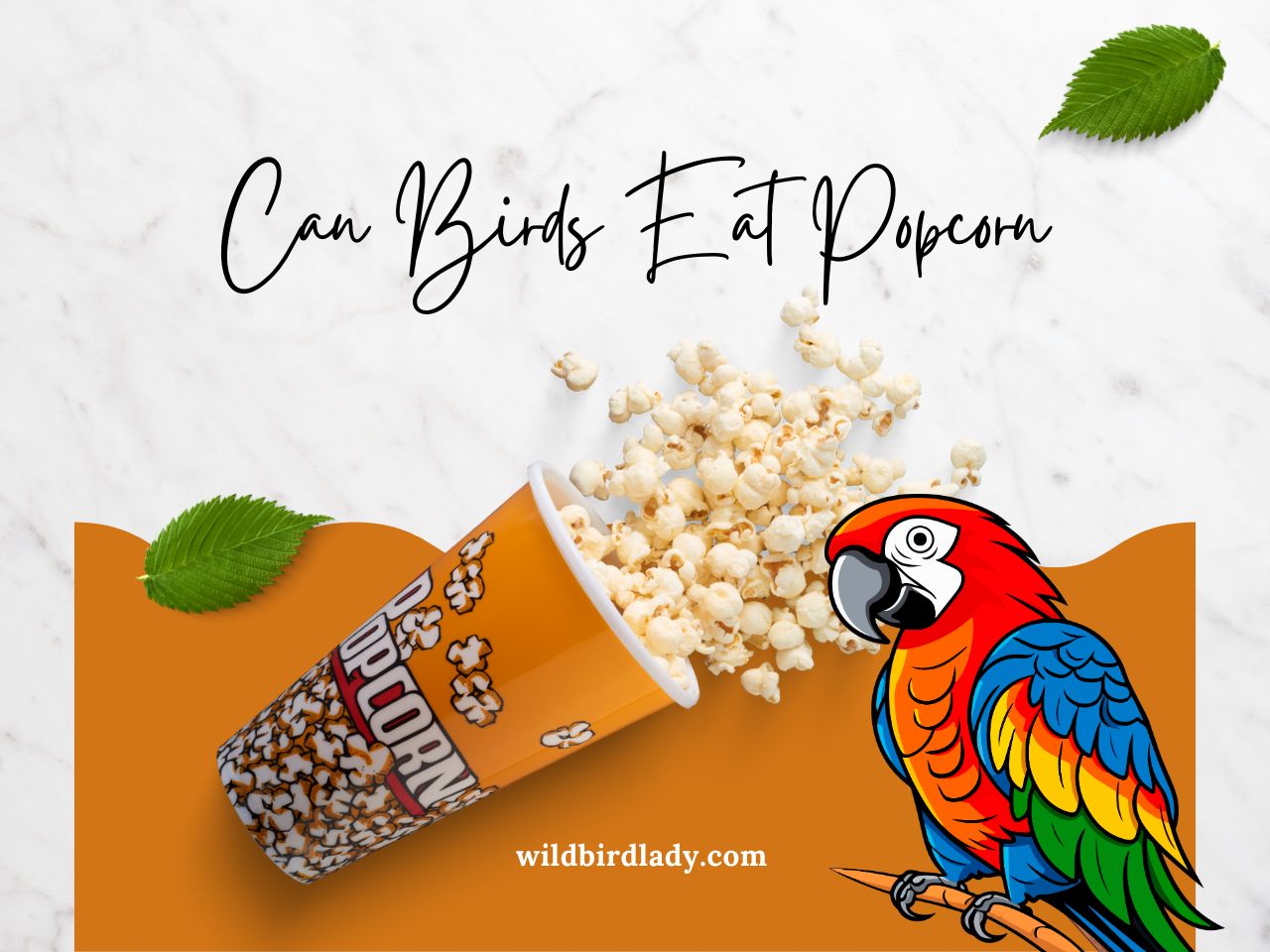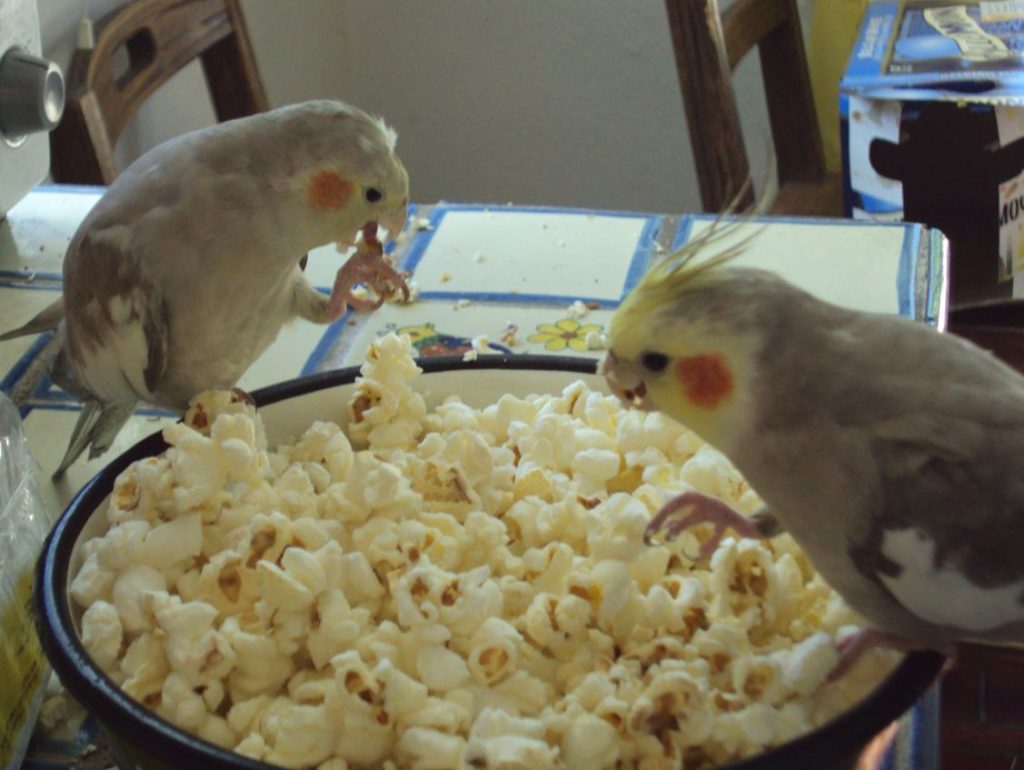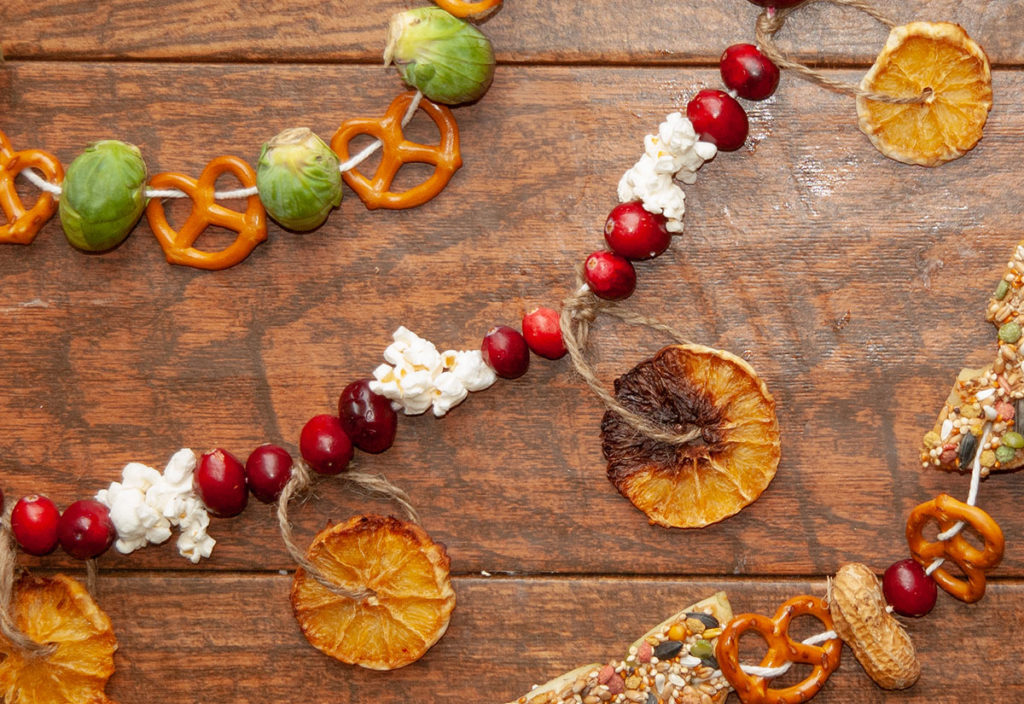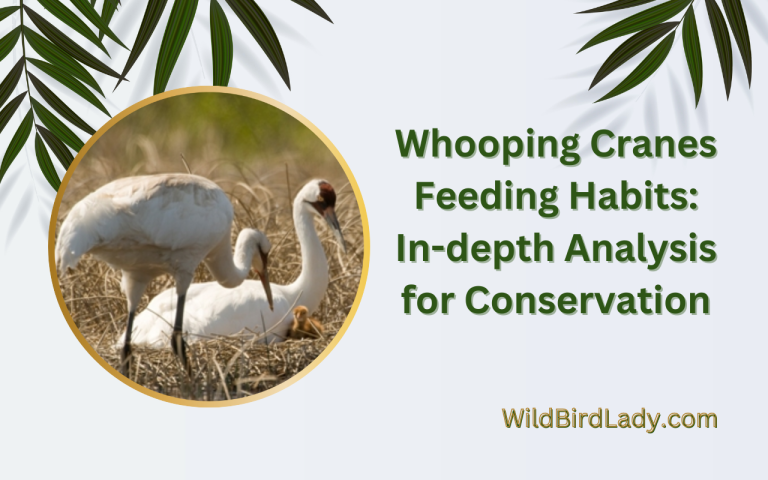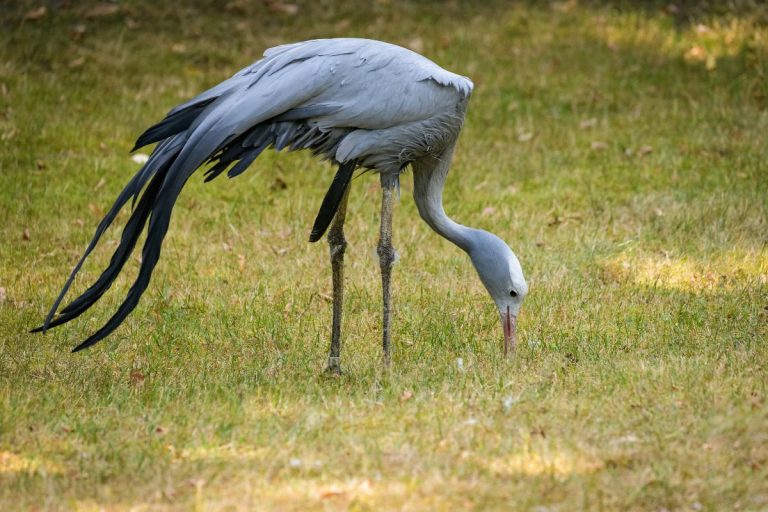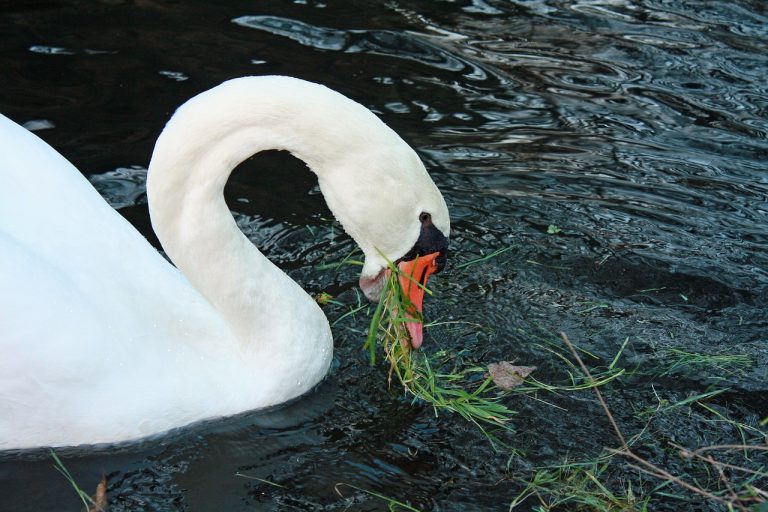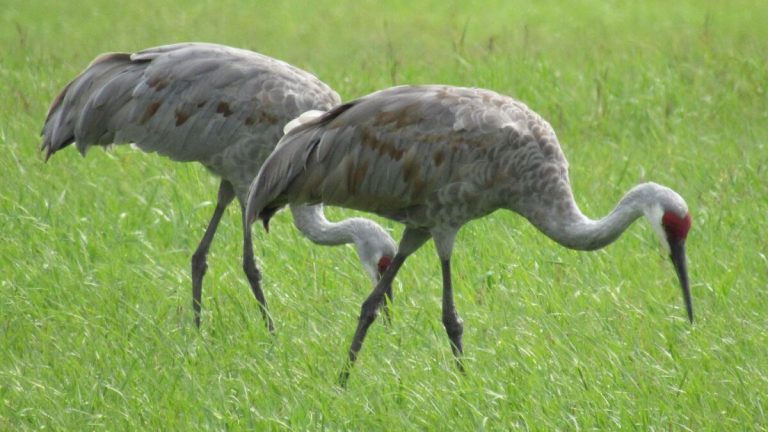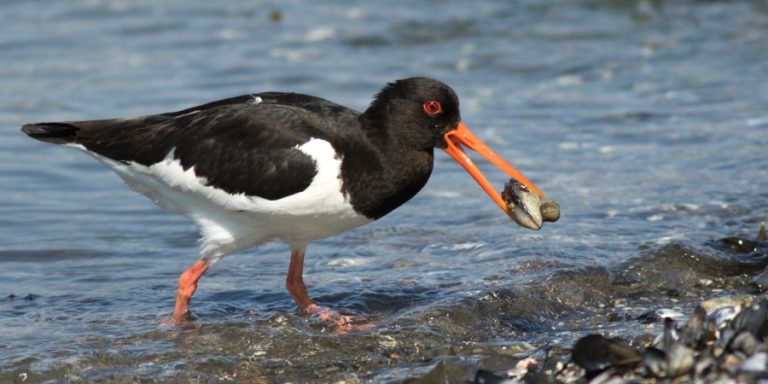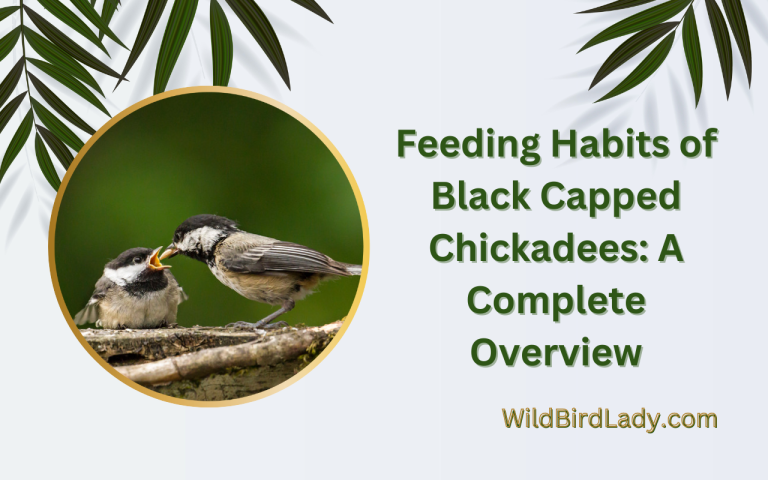Can Birds Eat Popcorn? A Birdwatcher’s Guide to Popped and Unpopped Corn
Popcorn might be a favorite movie-time snack for humans, but have you ever paused before tossing a kernel to the backyard birds and wondered: Can birds eat popcorn? Is it safe, nutritious, or potentially dangerous? The answer isn’t as straightforward as yes or no—it depends on the type of popcorn, how it’s prepared, and what kind of birds you’re feeding.
In this article, I’ll explore everything you need to know about feeding popcorn to birds, whether it’s popped, unpopped, salted, or plain. Drawing from over 13 years of birdwatching and research, I’ll help you make informed decisions when offering this treat to your feathered friends.
Can Birds Eat Popcorn?
Yes, birds can eat popcorn, but only plain, air-popped popcorn without any additives like salt, butter, or artificial flavoring. It’s a carbohydrate-rich treat that some birds enjoy pecking at, but it should never be a substitute for their natural diet or healthy birdseed mix.
What Types of Popcorn Are Safe for Birds?
Let’s break down the different types of popcorn and whether or not they’re safe for birds.
1. Plain Air-Popped Popcorn – SAFE
- ✅ No oil, salt, or butter
- ✅ Contains fiber and carbohydrates
- ✅ Great for occasional feeding
Plain popcorn, popped without any additives, is the safest option for birds. You can scatter it in the yard, mix it with birdseed, or string it for decoration on trees during winter.
2. Salted or Buttered Popcorn – UNSAFE
- ❌ High in sodium and saturated fats
- ❌ Can lead to dehydration and kidney damage
- ❌ Harmful even in small amounts
Salted or buttered popcorn, especially microwavable varieties, should never be fed to birds. Birds have much smaller organs than humans, and even trace amounts of salt can disrupt their electrolyte balance.
3. Unpopped Popcorn Kernels – SOMETIMES SAFE
- ⚠️ Only safe if softened or cooked
- ⚠️ Can damage bird beaks or digestive tracts if too hard
Hard, raw kernels are risky, particularly for small birds. If you wish to offer unpopped kernels, consider soaking them in water overnight or cooking them to soften.
Nutritional Profile: Is Popcorn Good for Birds?
Popcorn is not unhealthy for birds if prepared properly, but it isn’t especially nutrient-rich either.
| Nutrient | Benefit | Amount in Plain Popcorn |
|---|---|---|
| Carbohydrates | Energy source | High |
| Fiber | Digestive support | Moderate |
| Protein | Muscle development | Low |
| Fat | Needed in moderation | Very Low |
| Sodium (in salted popcorn) | Harmful to birds | High |
In short, popcorn offers energy and a bit of fiber but lacks essential vitamins and minerals. Therefore, it should be treated as an occasional snack, not a dietary staple.
Which Birds Can Eat Popcorn?
Most backyard birds can safely consume plain, unsalted popcorn, especially if it’s crumbled or mixed with seeds. Here are some common birds that may enjoy it:
- Crows and ravens – intelligent birds that enjoy a variety of human foods
- Blue jays – bold enough to take popcorn right from feeders
- Grackles, blackbirds, and starlings – opportunistic feeders
- Sparrows and finches – prefer crushed popcorn
- Doves and pigeons – known for eating grainy snacks
Larger birds like ducks, geese, and seagulls may also eat popcorn, but it’s better not to feed them human food in public parks, as it can disrupt natural feeding behaviors.
How to Prepare Popcorn for Birds (Step-by-Step)
If you want to safely treat birds to some popcorn, follow these steps:
Step 1: Use Plain, Organic Kernels
Buy organic, non-GMO popcorn kernels to avoid chemicals and artificial coatings.
Step 2: Air-Pop Only
Use a hot-air popper or stove-popping method without oil or salt. Avoid microwave bags as they often contain preservatives and harmful coatings.
Step 3: Cool and Crush
Let the popcorn cool fully, then optionally crush it into smaller pieces for smaller birds.
Step 4: Serve Outdoors
You can:
- Mix popcorn with birdseed
- Sprinkle it on the ground or feeder tray
- String popcorn with cranberries for decoration and feeding
DIY Bird Popcorn Garland Recipe
A festive and functional way to feed birds in winter is a popcorn garland. Here’s how:
Materials:
- Plain air-popped popcorn
- Fresh cranberries or dried fruit (unsweetened)
- Needle and thread
Instructions:
- Thread the needle and alternate popcorn with cranberries.
- Leave enough space between items so birds can peck easily.
- Hang the garland on tree branches, fences, or balconies.
- Replace every few days to avoid mold or pests.
This is especially popular during the holidays when natural food becomes scarce.
Dangers of Feeding Birds the Wrong Popcorn
While popcorn might seem like a harmless snack to share with birds, offering the wrong kind—or too much of it—can result in serious health issues. Birds have highly sensitive digestive systems and specific nutritional needs, and introducing heavily processed or improperly prepared popcorn can do more harm than good. Let’s take a closer look at the potential dangers:
1. Dehydration
Salted or seasoned popcorn contains high levels of sodium, which can be toxic to birds. Unlike humans, birds cannot process excess salt efficiently. Even a small amount of salted popcorn can disrupt their electrolyte balance, leading to excessive thirst and dehydration. This becomes especially dangerous for wild birds who may not have regular access to fresh water sources, particularly during hot or dry seasons.
2. Digestive Blockages
Unpopped popcorn kernels, especially when raw and hard, pose a major choking hazard for smaller birds such as sparrows, finches, and chickadees. These tough kernels can get lodged in the crop or esophagus, or even cause internal blockages if swallowed. Since birds don’t have teeth to grind down food, anything too hard can remain undigested and lead to digestive distress or fatal impaction.
3. Malnutrition
Popcorn, while providing carbohydrates, lacks the essential nutrients birds require for growth, feather maintenance, immune health, and reproduction. If popcorn is fed too frequently, birds may fill up on this low-nutrient food and neglect eating more balanced sources like seeds, insects, berries, or commercial bird feed. Over time, this leads to vitamin deficiencies and a weakened immune system.
4. Obesity and Organ Issues
Popcorn prepared with butter, oil, cheese, caramel, or other toppings is loaded with fats and sugars. When birds consume these high-fat additives regularly, they’re at risk of developing obesity, fatty liver disease, and metabolic disorders—conditions more commonly observed in pet birds but also a threat to urban wildlife. The liver, in particular, is highly sensitive in birds, and chronic exposure to fatty substances can result in irreversible damage.
5. Dependency on Human Food
Birds that become accustomed to being fed popcorn and other processed foods may develop a reliance on human handouts, especially in urban parks or backyards. This behavioral shift can:
- Decrease their foraging instincts
- Disrupt natural migratory patterns
- Lead to crowding and aggressive competition at feeding sites
- Increase exposure to predators or vehicles
This is especially concerning for species like pigeons, gulls, and ducks, which often congregate where people feed them snacks.
Can Pet Birds Eat Popcorn?
Yes—but with stricter guidelines.
Safe for:
- Parakeets
- Cockatiels
- African Grey Parrots
- Macaws
- Lovebirds
How to Serve:
- Plain, air-popped, unsalted
- In moderation (a few bites a week)
Always monitor for allergies or unusual reactions, and consult an avian vet if you’re unsure.
Healthy Alternatives to Popcorn for Birds
If you want to diversify your offerings, here are other bird-safe foods:
| Food | Benefits |
|---|---|
| Sunflower seeds | Rich in fats and protein |
| Millet | Loved by ground-feeding birds |
| Nyjer seeds | Great for finches and small songbirds |
| Oats | Rolled or steel-cut, no sugar |
| Fresh fruits | Apple slices, bananas, berries (no seeds or pits) |
| Cooked rice | Unsalted and unseasoned |
| Unsalted peanuts | High energy (best for cold seasons) |
Final Thoughts: Should You Feed Popcorn to Birds?
In moderation and prepared properly, plain air-popped popcorn can be a fun treat for birds, both wild and domestic. However, it should never replace a bird’s natural diet or a well-balanced seed mix.
As a birdwatcher, I recommend offering popcorn only as an occasional enrichment food—especially during winter months when natural resources are low. And always remember: what’s safe for you isn’t always safe for wildlife.
Common Questions About Birds and Popcorn
1. Is popcorn OK to feed birds?
Yes, but only if it’s plain, air-popped, and unsalted. Avoid flavored or buttery varieties.
2. What birds like popcorn?
Birds like crows, blue jays, grackles, pigeons, and sparrows may enjoy plain popcorn as an occasional treat.
3. Can I feed birds microwave popcorn?
No. Most microwave popcorn contains salt, butter, and preservatives that are toxic to birds.
4. Can unpopped kernels hurt birds?
Yes. Raw kernels are too hard for small birds and may cause injury unless softened first.
5. Is popcorn good for pet birds like parrots or cockatiels?
Yes, in small quantities and if served plain and air-popped. Always consult with your avian vet first.
If you found this analysis helpful, you may enjoy exploring more of our bird-feeding advice in our Bird Diet section.

